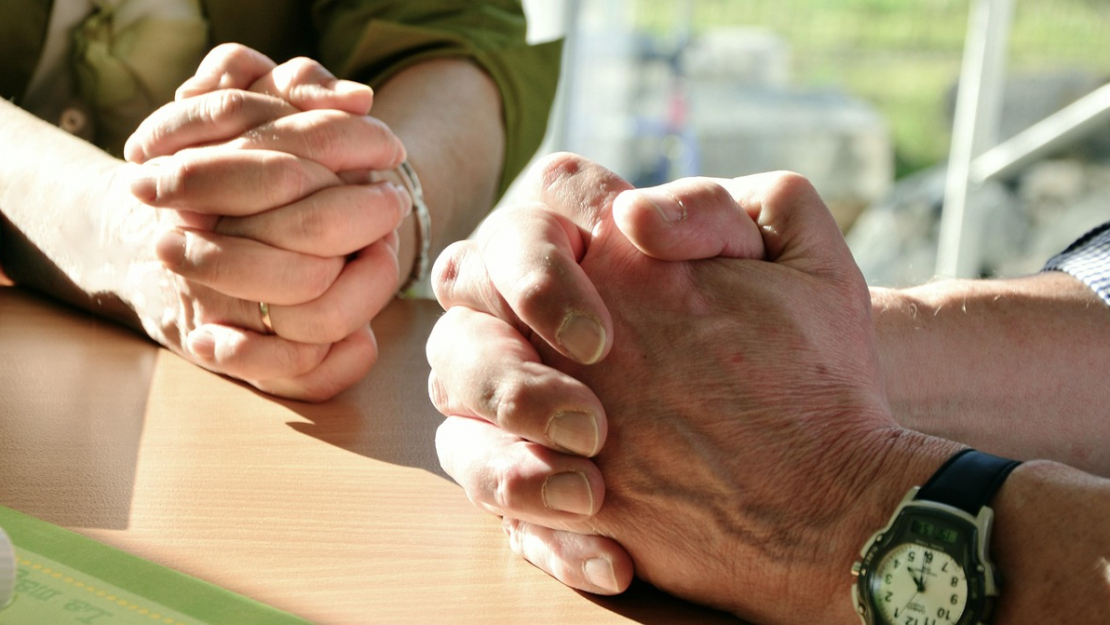Finnish Couple Convicted for Private Prayer

On 31 March 2025, a Finnish court convicted an elderly Christian couple of “assault” after praying with a young man about issues relating to sexuality. Despite the fact that the prayers were non-coercive and the young man had sought the support and participated in the prayers on his own initiative, the court upheld his claim that the prayers had caused psychological harm. The judgment—believed to be the first of its kind in Finland—has raised concerns about the application of criminal law to religiously motivated pastoral care and its potential implications for freedom of religion or belief.
The case involves two individuals affiliated with a Christian congregation in Pirkanmaa. For several years, they regularly met with a young man for informal prayer sessions as part of their shared spiritual practice. During these meetings, they also prayed about issues relating to sexuality.
The complainant later alleged that he had experienced emotional distress as a result of these sessions. According to the court, the defendants intended to “influence” or “change” the young person’s sexual orientation, and they were subsequently convicted of assault.
The defendants denied all charges, stating that they were unaware of the complainant’s sexual orientation and had not attempted to alter it. “We only wanted to help,” they said, denying any intent to cause harm. They also disputed the allegation that they had tried to “pray away” homosexuality—an accusation the court ultimately did not uphold. According to their defence, the meetings were mutual, voluntary, and spiritual in nature, and the complainant had sought support within a religious context.
Nevertheless, the court found that their actions had exacerbated the complainant’s psychological symptoms and ruled that this constituted a form of assault. The case raises important questions about the freedom of belief and prayer, and the right to offer or seek religious support without fear of criminal prosecution.
In this instance, Finland applied its general assault laws to a situation involving no violence, threats, or confinement—only prayer and conversation. The defendants never forced attendance or issued threats. They offered spiritual support rooted in their personal faith convictions.
If non-coercive prayer in a voluntary, faith-based setting can be prosecuted as “assault,” the implications for religious freedom are serious. Spiritual care would become a legal risk, causing pastors and faith leaders to hesitate before offering prayer—even when explicitly asked. Private, voluntary conversations may later be reinterpreted as harmful, without any evidence of coercion. This could stifle religious expression, particularly on sensitive moral issues, and redefine sincere belief as a form of harm.
Source: yle.fi (1); yle.fi (2)
Image: Pixabay